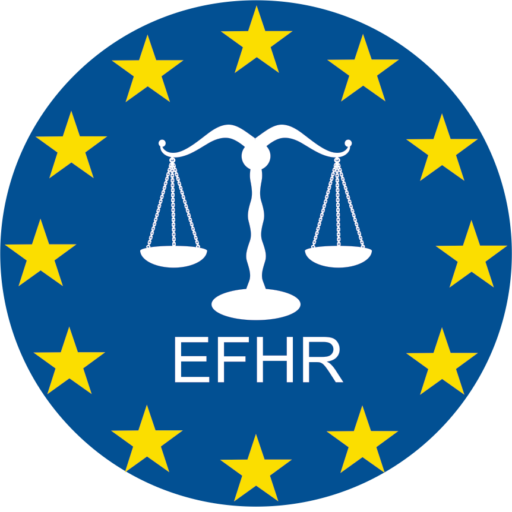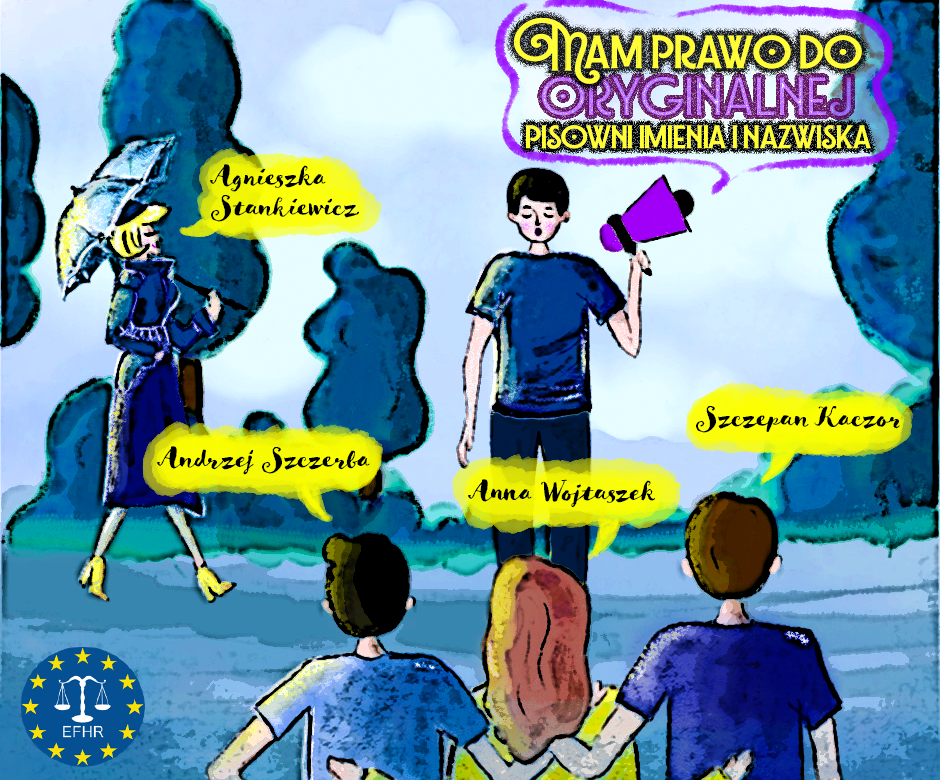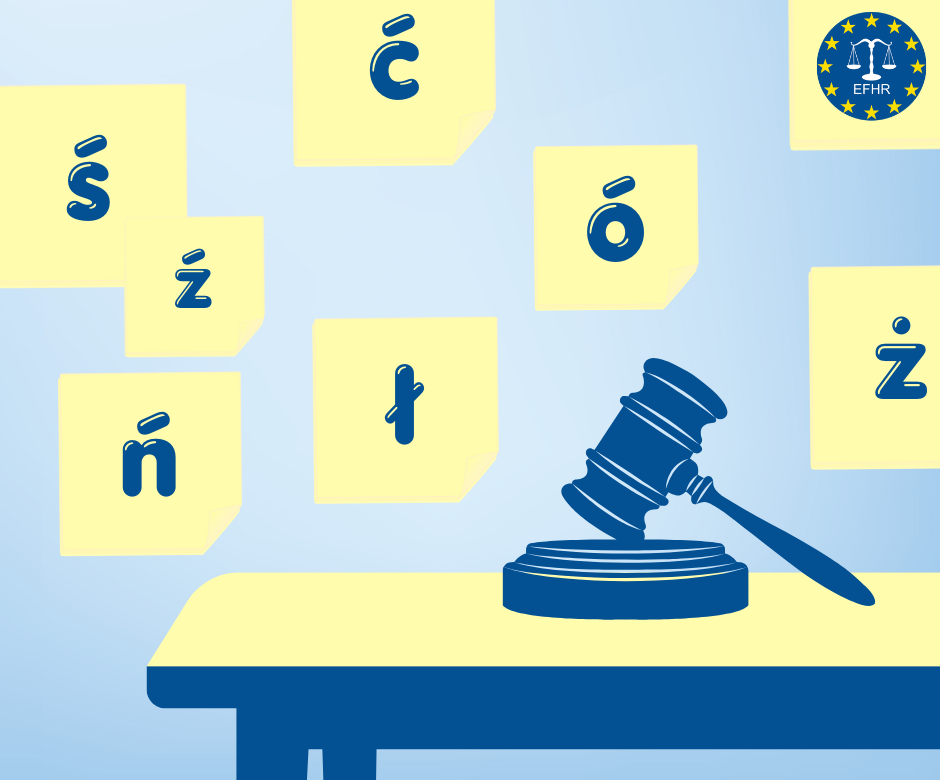- 2012/10/11
Zachęcamy do aplikowania o udział w projekcie „Young People Combating Hate Speech Online”
 Serdecznie zapraszamy do aplikowania o udział w projekcie „Step in! Be Active Against Racist Propaganda and Hate Speech Online”. UNITED organizuje specjalną sesję szkoleń w Europejskim Centrum Młodzieży w Strasburgu we współpracy z Departamentem Młodzieży Rady Europy. Sesja ma na celu przeszkolenie 35 młodych osób w rozpoznaniu mowy o nienawiści oraz w walce przeciw jej w cyberprzestrzeni. Szkolenie zmotywuje i umożliwi bliżej zapoznać się z objawami rasizmu, dyskryminacji oraz obraźliwych komentarzy w cyberprzestrzeni.
Serdecznie zapraszamy do aplikowania o udział w projekcie „Step in! Be Active Against Racist Propaganda and Hate Speech Online”. UNITED organizuje specjalną sesję szkoleń w Europejskim Centrum Młodzieży w Strasburgu we współpracy z Departamentem Młodzieży Rady Europy. Sesja ma na celu przeszkolenie 35 młodych osób w rozpoznaniu mowy o nienawiści oraz w walce przeciw jej w cyberprzestrzeni. Szkolenie zmotywuje i umożliwi bliżej zapoznać się z objawami rasizmu, dyskryminacji oraz obraźliwych komentarzy w cyberprzestrzeni.
Europejskie Centrum Młodzieży pokrywa opłatę uczestnictwa dla wszystkich uczestników. Koszty podróży i opłaty wizowe zostaną zwrócone (po przedstawieniu odpowiednich rachunków), zgodnie z przepisami Rady Europy. Tylko uczestnicy, którzy będą brać udział w całym seminarze mogą spodziewać się zwrócenia kosztów. Wypłacenie zostanie dokonane za pomocą przelewu bankowego po kursie lub pod koniec seminarium gotówką (w euro).
Wyżywienie i zakwaterowanie zostaną udzielone i opłacone przez Radę Europy w Europejskim Centrum Młodzieży w Strasburgu. Każdy uczestnik będzie odpowiedzialny za zorganizowanie własnego kompleksowego ubezpieczenia (zdrowie, bagaż itp.)
Osoby zainteresowane proszone są o kontakt w celu ustalenia szczegółów (efhr@efhr.eu).
Termin aplikowania upływa 15 października 2012 r.
Where: Strasbourg, France
When: from 9 to 15 December 2012 at 24:00
Deadline for applications: 15 September 2012
“Hate speech” is understood as covering all forms of expression which spread, incite, promote or justify racial hatred, xenophobia, antisemitism or other forms of hatred based on intolerance, including: intolerance expressed by aggressive nationalism and ethnocentrism, discrimination and hostility against minorities, migrants and people of immigrant origin.
After the study session, participants will;
-Be aware that intolerance, racist incidents and hate speech are widespread and they can be confronted with in it everyday life
-Know how to recognise situations where racism, discrimination and hate speech are expressed online
-Know and be able to apply a range of options to react to racism, discrimination and hate speech online
The session will take an interactive approach, so participants are encouraged to contribute their own experiences, expertise and ideas, bring along examples and good practices from their own countries and fields, and debate the use of possible interventions. The programme will include; sharing experiences, examining case studies, identifying trends relating to racism in Europe, visiting relevant Council of Europe institutions, an overview of mechanisms to combat hate speech online, understanding the impact of hate speech on victims, learning how to apply and use tools, and formulating concrete action plans to follow up.
We will use a combination of peer-to-peer learning, simulations, group discussions, exercises, debates and expert presentations to engage participants with the key issues.
The study session also aims to link with the current project of Youth Sector of the Council of Europe „Young People Combating Hate Speech Online”
Profile of participants
The study session is planned for 35 participants (living in the countries of the Council of Europe) who are active in antiracism, antifascism, refugee, human rights and minority rights organisations and grassroots activism. These may include, for example;
– Leaders and representatives of youth organisations or groups working against racism, discrimination, hate speech and in online environments
– Representatives of national and international organisations active for human rights
– Youth workers and education professionals working against hate speech, racism, for human rights and with online technologies
– Bloggers and on-line human rights activists.
Priority will be given to nominations from young delegates (under 30 years old) who are able to demonstrate a genuine concern about hate speech (online) and interest in taking action after the study session. Participants should act as multipliers, channelling their new skills, experience and contacts back into their own organisations and communities. During selection, we will aim to reach a good gender and geographic balance. All participants must be able to work independently in English and available for the full duration of the event, from 9 December (arrival date) to 15 December (departure date).
Financial information
The European Youth Centre charges 50 Euros participation fee for all participants. Travel expenses and visa fees will be reimbursed (on presentation of the relevant receipts) according to the rules of the Council of Europe. Only the participants who attend the entire event can be reimbursed. The payment (from which the participation fee will be deducted) will be made either by bank transfer after the study session, or at the end of the activity in cash (in Euros).
Board and lodging will be provided and paid for by the Council of Europe at the European Youth Centre Strasbourg. Every participant will be responsible for organising his or her own comprehensive insurance (health, luggage, cancellation etc)
Nomination process:
– deadline for nomination 15 October 2012 at 24:00
– complete the form completely providing all data as requested. If you invest more effort in your application it has more chance of being successful!
– return the form by email to strasbourg@unitedagainstracism.org
– each organisation can nominate only ONE representative (resident in Council of Europe member state).
– sending this form to UNITED does not guarantee that you will be selected for the study session – we receive many nominations.
– only selected candidates will be informed about the result of their selection and receive further information via e-mail mid October 2012.
All questions and enquiries related to the study session can be directed to strasbourg@unitedagainstracism.org
UNITED is the largest pan-European antiracist network of more than 550 organisations. Its meetings, conferences, training and study sessions bring together antiracist and human rights activists from all parts of Europe to discuss and develop effective strategies and approaches to combat racism and discrimination.




